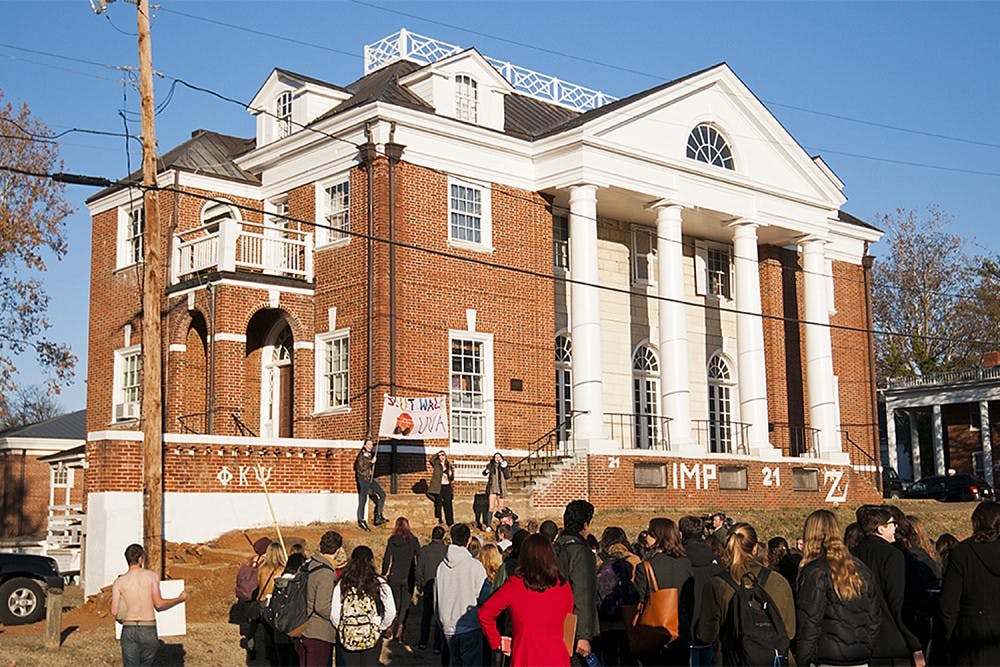“After 130 days of living under a cloud of suspicion as a result of reckless reporting by Rolling Stone Magazine, today the Virginia Alpha Chapter of Phi Kappa Psi announced plans to pursue all available legal action against the magazine,” read a statement released by the fraternity.
The suit is the latest chapter in a saga that has roiled the journalism world and raised concerns that the stories of sexual assault survivors won’t be believed.
Rolling Stone officially retracted the story Sunday and published a 12,000-word investigation into how the story’s fabrications made it through the editing process. The investigation was led by Steve Coll, a Pulitzer Prize-winning journalist and dean of Columbia University’s School of Journalism.
“Rolling Stone’s repudiation of the main narrative in ‘A Rape on Campus’ is a story of journalistic failure that was avoidable,” the report read. “The failure encompassed reporting, editing, editorial supervision and fact-checking.”
The report found that the author of the article, Sabrina Erdely, and the editing staff set aside the magazine’s normal fact-checking standards in deference to “Jackie,” a pseudonymous source whose claim of a gang rape by fraternity members was discredited by The Washington Post shortly after the story was published.
Erdely released a statement in The New York Times apologizing for her reporting and the potential damage it does to the credibility of sexual assault victims.
“I allowed my concern for Jackie’s well-being, my fear of re-traumatizing her and my confidence in her credibility to take the place of more questioning and more facts,” Erdely wrote.
“Reporting on rape has unique challenges, but the journalist still has the responsibility to get it right,” she wrote. “I hope that my mistakes in reporting this story do not silence the voices of victims that need to be heard.”




